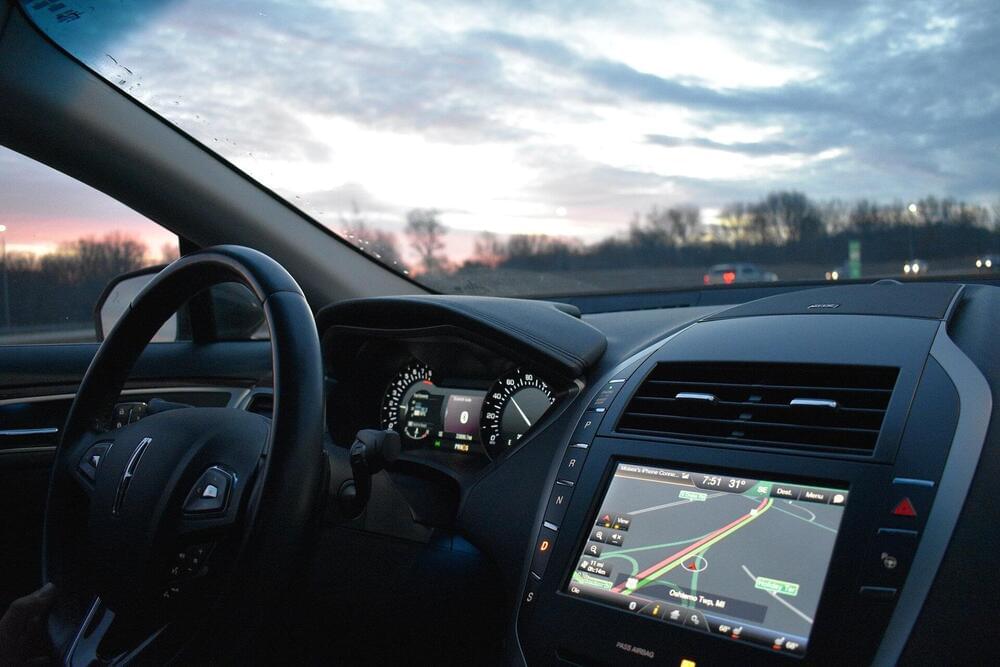A lot of hurdles remain before the emerging technology of self-driving personal and commercial vehicles is common, but transportation researchers at The University of Alabama developed a promising, inexpensive system to overcome one challenge: GPS hacking that can send a self-driving vehicle to the wrong destination.
Initial research shows a self-driving vehicle can use already installed sensors to detect traveling the wrong route when passengers are unaware of the change, thwarting an attempt to spoof the GPS signal to the vehicle, according to findings outlined in recently published papers in the IEEE Transactions on Intelligent Transportation Systems and Transportation Research Record: Journal of the Transportation Research Board.
Relying on software code and in-vehicle sensors already part of the self-driving system would be cheaper for consumer and commercial vehicles to deny the hacked directions used to steer cargo or people away from their intended destination, said Dr. Mizanur Rahman, assistant professor of civil, construction and environmental engineering and affiliate researcher with the Alabama Transportation Institute.
